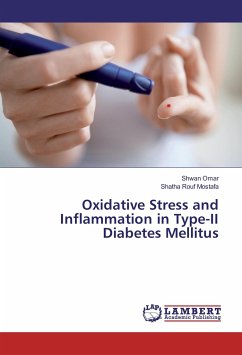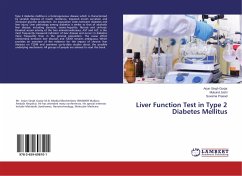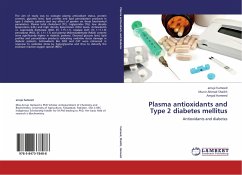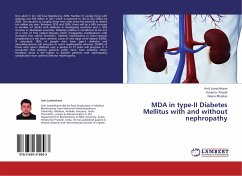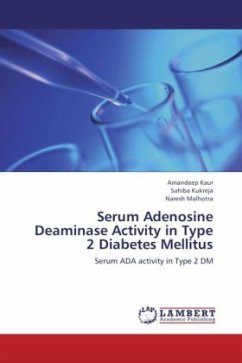Type 2 diabetes is usually caused by a combination of pancreatic -cell failure and insulin resistance in target tissues like liver, muscle and fat. Insulin resistance is characterized by an impaired effect of insulin to reduce hepatic glucose production and to promote glucose uptake in peripheral tissues. Many new pharmacological agents have been added to our armamentarium of treatments for DM in the last decade. The goal of all treatments is the same irrespective of the cause of the DM: namely, to normalize blood glucose. Incretin hormones (Glucagon like peptide, GLP and Glucose dependent insulinotropic peptide, GIP) are peptide hormones secreted by enteroendocrine cells that line the gastrointestinal (GIT) tract mainly from K & L cells of intestine, Following glucose or fat ingestion. These hormones are secreted in the blood and reach their various cellular targets. This study was done to: 1- Clarify the insulinotropic effect of the incretin hormones in the regulation of blood glucose level. 2- Show the interrelation between incretin hormones, the degree of metabolic control and oxidative stress in type 2 diabetes mellitus
Bitte wählen Sie Ihr Anliegen aus.
Rechnungen
Retourenschein anfordern
Bestellstatus
Storno


